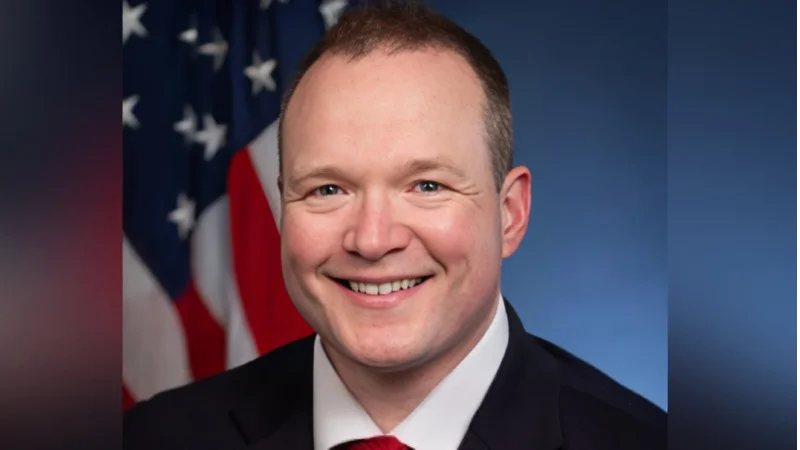The United States Attorney's Office for the District of North Dakota announced a settlement with Education for Just Peace in the Middle East, which operates as US Campaign for Palestinian Rights (EfJP), regarding its participation in the Paycheck Protection Program (PPP). EfJP agreed to pay $353,000 to resolve allegations related to PPP loans obtained during the COVID-19 pandemic.
The PPP was established by Congress in March 2020 through the Coronavirus Aid, Relief, and Economic Security Act (CARES Act) to help small businesses and certain non-profits cover payroll and other expenses during economic disruptions caused by the pandemic. EfJP applied for and received both First Draw and Second Draw loans totaling $308,905.28 under this program.
Eligibility requirements for these loans included restrictions on entities primarily engaged in political or lobbying activities. For Second Draw loans, applicants had to certify that they were not primarily involved in such activities or organized as think tanks.
The settlement follows a whistleblower lawsuit filed by TZAC, Inc., a New York non-profit organization, under the False Claims Act’s qui tam provisions. The suit alleged that EfJP was not eligible for one of the PPP loans due to its activities. As part of the agreement, EfJP reimbursed the SBA for loan amounts plus interest and processing fees, provided TZAC with its share of recovery as permitted by law, and covered certain case-related expenses. The settlement does not represent an admission of liability by EfJP, which denies any wrongdoing.
Assistant United States Attorneys James Patrick Thomas and Michael D. Schoepf represented the government in this matter. U.S. Attorney Nicholas W. Chase acknowledged contributions from SBA Office of Inspector General Special Agent Sandra E. Mazzoni and SBA Office of General Counsel Trial Attorney Kandace Zelaya.
SBA General Counsel Wendell Davis stated: “Investigations like this one reflect collaboration of the Small Business Administration, including SBA’s Office of General Counsel and Office of Inspector General, and the U.S. Attorney’s Office. When whistleblowers uncover potentially fraudulent conduct, we work to recover SBA funds improperly obtained.”
Further details about how DOJ has responded to pandemic-related fraud are available at https://www.justice.gov/coronavirus. Reports about suspected COVID-19 fraud can be submitted through DOJ’s National Center for Disaster Fraud hotline at 866-720-5721 or online at https://www.justice.gov/disaster-fraud/ncdf-disaster-complaint-form.




